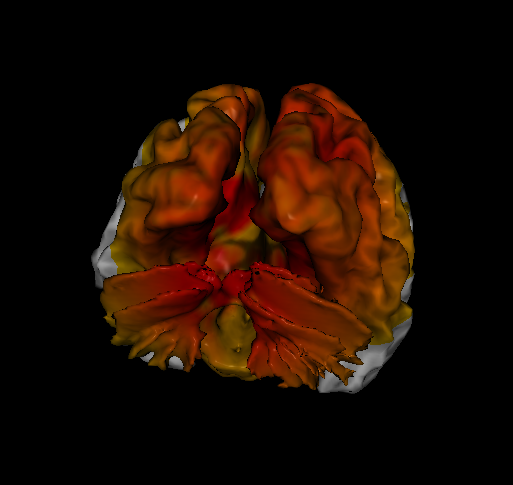POSTTRAUMATIC STRESS (PTSD)
Trauma, whether it be from a singular event or repeated incidences, can have profound impacts on the brain and body. This is especially true when the brain develops around the trauma, such as in cases of childhood abuse and/or neglect. However, even in adulthood, significantly stressful/traumatic events can change both the function and structure of the brain. In fact, high amounts of a stress hormone called cortisol can actually kill neurons in the brain, particularly the hippocampus (responsible for learning and memory) and prefrontal cortex (responsible for higher-level thinking, planning, emotional regulation, and behavioral inhibition.
In some cases, the individual may develop Post-Traumatic Stress Disorder (PTSD), which involves an array of symptoms such as hypervigilance, sensory sensitivity, difficulty relaxing, sleep concerns, and relational problems. However, excessive stress/trauma can affect our brains even without PTSD symptoms and can manifest in a wide variety of symptoms, challenges, and diagnoses.
Here at NeuroGrove, we work with a wide variety of individuals who have endured traumatic experiences, including military members and veterans, first responders (e.g., fire fighters), rape and domestic violence survivors, and survivors of childhood physical, sexual, and emotional abuse and neglect.





